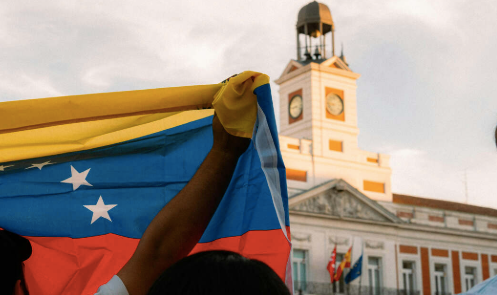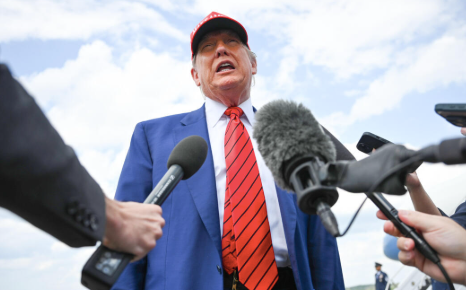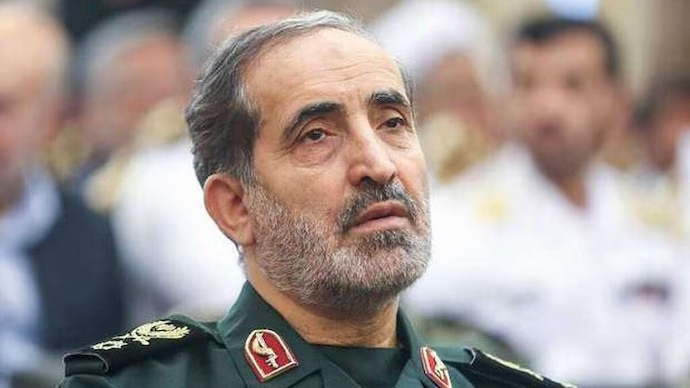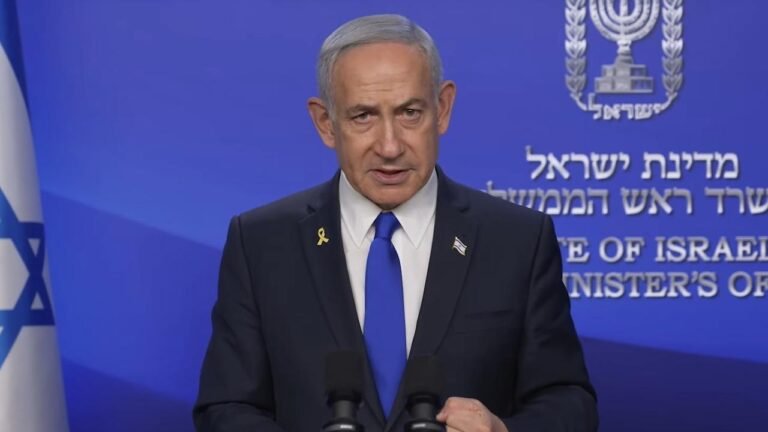
On May 19, 2025, the U.S. Supreme Court issued an emergency order allowing the Trump administration to revoke Temporary Protected Status (TPS) for approximately 350,000 Venezuelan migrants residing in the United States. This decision overturns a lower court’s injunction that had previously halted the termination of TPPS, citing potential racial bias and mischaracterization of Venezuelans. Justice Ketanji Brown Jackson was the sole dissenter in the Supreme Court’s unsigned order.
TPS is a humanitarian program that permits individuals from countries experiencing extraordinary conditions, such as armed conflict or environmental disasters, to live and work legally in the US. Venezuelans were granted TOS in 2021 due to the country’s ongoing political and economic crisis under President Nicolás Maduro’s regime. The Biden administration extended these protections in 2023, setting them to expire in October 2026.
Homeland Security Secretary Kristi Noem moved to end TPS for Venezuelans in February 2025, arguing that the program was no longer in the national interest. Homeland Security Secretary Kristi Noem moved to end TPS for Venezuelans in February 2025, arguing that the program was no longer in the national interest. The administration cited concerns over public safety and national security,y alleging that some TPS holders were affiliated with criminal organizations like the Tren De Araguaa gang.
This decision by the Supreme Court allows the Trump administration to proceed with the termination of TPS for Venezuelans while legal challenges continue in lower courts. Immigration advocates and human rights organizations have condemned the ruling, expressing concerns over the humanitarian impact and the potential for mass deportations. They argue that returning individuals to Venezuela could expose them to significant harm due to the country’s ongoing crisis.
This revocation of TPS for Venezuelans is part of the Trump Administration’s border immigration agenda, which includes efforts to end similar protections for migrants from other countries, such as Afghanistan and Cameroon. As legal proceedings continue, the affected Venezuelan migrants face uncertainty regarding their legal status and future in the United States. The situation underscores the ongoing debate over immigration policy and the balance between national security concerns and humanitarian obligations.
The Supreme Court’s decision has sparked intense political debate ahead of the 2024 U.S. presidential election. Supporters of former President Trump argue that revoking TPS aligns with his strong immigration stance, portraying it as necessary to maintain border control and national security. However, Democratic leaders and immigrant advocacy groups have accused the administration of using vulnerable communities as political pawns. President Biden’s camp has called the move “inhumane and short-sighted,” and vowed to challenge the decision through legislative or executive avenues. The issue is expected to become a significant flashpoint in campaign debates, potentially swaying Latino and immigrant voters.
On the ground, thousands of Venezuelan migrants now face an uncertain future. Many have built lives in the U.S. for years, contributing to the workforce, paying taxes, and raising families. With TPS protections set to be stripped, affected individuals may face deportation or be forced into undocumented status, limiting their access to employment, healthcare, and legal rights. Nonprofit organizations, legal aid groups, and church coalitions have mobilized to support these individuals, offering legal counseling and pushing for congressional intervention. The fate of these migrants now rests on how fast the courts and lawmakers respond, and whether public pressure can influence a reversal of this controversial decision.




